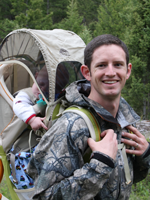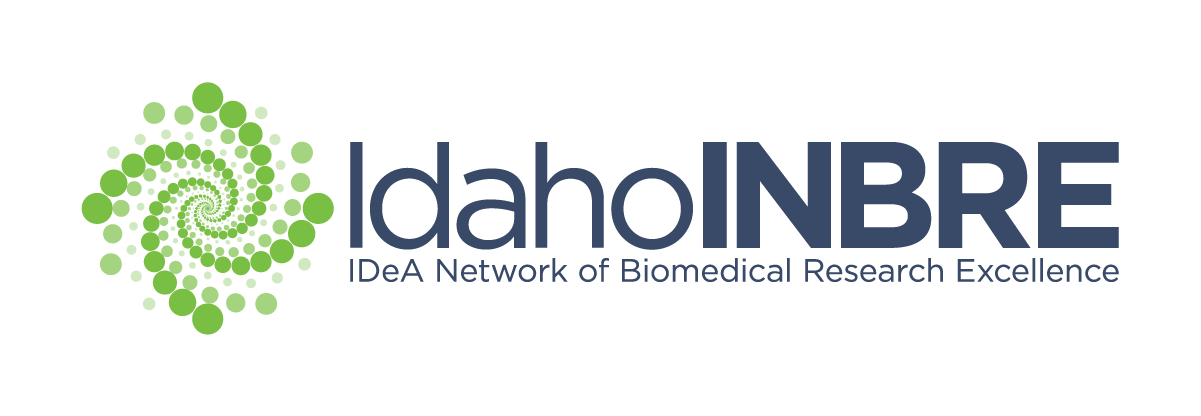
- Name: James Van Leuven, Ph.D.
- Institution: University of Idaho
- Department: Biological Sciences
- Phone: 509-951-2477
- Email: jvanleuven@uidaho.edu
- Website: https://www.uidaho.edu/cals/animal-veterinary-and-food-sciences/our-people/james-vanleuven
Summary: I am interested in understanding how microbial interactions influence ecological processes, human health, and the evolution of life. Resolving outstanding questions related to these topics often requires a number of tools, but I particularly enjoy analyzing and visualizing DNA and RNA sequencing data sets.
I have several ongoing projects. A primary focus of my research is on the evolution of the bacteriophage ΦX174. The conveniently small size of the ΦX174 genome enables us to synthesize the virus from scratch, allowing us to investigate the genetic determinates of virulence. We build recombinant viruses to test predictions on how mutations will affect viral growth on different bacterial host cells.
Another project that has just started aims to understand the role of bacteriophage in honey bee (and other insect) digestive systems. This is an exciting area of research as these phage populations remain largely uncharacterized. They can be used as a model to study microbial ecology and hopefully help us understand the role of microbes in the decline of pollinator populations.
Minimum classes: biology, microbiology or molecular biology
Projects: Students could choose from a variety of projects depending on their interests. Projects could involve microbiology work such as culturing phage and bacteria, molecular biology work such as extracting, manipulating, and sequencing DNA, or computational work such as genome sequencing and bioinformatics. A few potential projects are listed below.
- Determine what type and how many mutations in ΦX174 permit growth on non-susceptible hosts. This project involves growing a library of viral mutants on different strains of bacteria, then sequencing viruses that grow.
- Study how bacterial hosts evolve to avoid infection by bacteriophage. This work involves growing bacteria with phage and genome sequencing bacterial mutants that evolve to resist phage infections.
- Sequence phage population from bees. This exploratory work seeks to characterize the composition and stability of phage communities in bees. The experiments involve extracting and amplifying DNA from live bees, then assembling and analyzing the genomes of these phage.
- Isolating phage from bee guts for characterization and inoculation experiments. We will attempt to culture phage from bees so that we can determine what their hosts are how they affect bee microbial communities. This project way involve testing and trouble shooting culture media and conditions.



